November 11-17 is Winter Weather Preparedness Week for Illinois and Indiana

To view Illinois Emergency Management Agency’s Winter Storm Preparedness Guidebook, click here.
To view the Indiana Winter Weather Preparedness Newsletter, click here.
National Weather Service, Chicago has a winter weather page with lots of information. Go to our web page, weather.gov/chciago, from the main menu on the left, under "Weather Safety", click on "Winter Weather". On our winter weather page you will find links to snowfall reports, snowfall records for Chicago and Rockford, historic snow storms, links to state road conditions, a wind chill chart and calculator, winter weather terminology and warning criteria, and more!

Winter Weather Safety Rules
Vehicle safety
- Check the latest forecast with NOAA Weather Radio – All Hazards, or at weather.gov/chicago before traveling.
- Let someone know your travel plans.
- Clear snow and ice off all windows and lights.
- Keep a winter weather disaster supply kit in your vehicle. It should contain an ice scraper, shovel, flashlight and extra batteries, blankets, a change of clothes, high energy, non-perishable snack foods, first aid kit, battery booster cables.
- Check windshield washer fluid, wiper blades, tires and gas before traveling. Keep the gas tank at least half full.
- If you become stranded on the road, stay with the vehicle. Do not attempt to walk out in the storm. Use a cell phone to call for help. Run the engine for short periods of time, about 10 minutes per hour, and open the window a crack for fresh air and to avoid carbon-monoxide poisoning. Make sure to keep the exhaust clear of snow. Tie a colored, preferably red, cloth to the antenna or door as a signal for help. Move arms and legs vigorously from time to time to keep warm.
- Let snow plows do their jobs. Give them plenty of room. Do not pass a plow unless there is plenty of clearance and visibility is good.
Home safety
- Keep a winter weather disaster supply kit at home in case you can’t get out and/or you lose power. It should contain bottled water, flashlight and extra batteries, portable radio or NOAA Weather Radio – All Hazards, first aid kit, high energy, non-perishable food.
- Use extreme caution when using portable space heaters. Keep heaters at least 3 feet away from walls and furniture. Have a fire extinguisher and smoke alarms.
- Use alternate heat sources such as a fireplace or wood burning stove.
Extreme cold
- Dress in loose, lightweight, warm clothing in layers and cover all exposed skin. Trapped air insulates. Outer garments should be water repellent. Wear a hat. Mittens are warmer than gloves.
- Avoid prolonged exposure to wind and cold. Stay dry.
- Confusion, disorientation, and slurred speech are signs of hypothermia. Get indoors and seek medical attention. Warm the core of the body first.
Other tips
- Make sure animals have food, water and shelter.
- Avoid overexertion when shoveling snow, walking in deep snow, or pushing a car stuck in snow. The strain from the cold and hard labor could lead to heart attack. Sweating could lead to a chill and hypothermia.
- Check with your airline before heading to the airport.
1 KM satellite image of snow swath from northeast OK/southeast KS, across MO, IL and southeast WI from December 2006.
Outlook for Winter 2007-2008
Outlook for Winter 2007-2008
With La Nina conditions occurring across the Pacific, above normal temperatures and precipitation are forecast for northeast Illinois and northwest Indiana the winter months of December through February. For more information visit the Climate Prediction Center web site.


Continue reading story
Russian Oil Spill Update
Winds Halt Cleanup Of Russian Oil Spill Associated Press
Word Count: 562
PORT KAVKAZ, Russia -- Fierce winds Tuesday hampered crews struggling to clean up in the wake of a killer storm that sank at least 11 ships and split an oil tanker in two, spilling tons of petroleum in the waters near a southern Russia seaport. Officials called the breakup of the tanker an environmental disaster for the region and warned that the 560,000 gallons of spilled fuel oil, which has killed an estimated 30,000 birds, could cause long-lasting damage to marine life. Leading Russian environmentalists said the oil spill was triggered by years of official negligence that allowed oil transport ...
More Heavy Weather Damage
Cargolaw Report
Faroes ferry Norrona, with 284 passengers and 80 crew, suffered temporary power failure and total machine blackout in heavy weather between Norway and the Shetlands on Nov. 12. The stabilizers were damaged causing the vessel to roll in heavy seas, which resulted in damage to vehicles on board. Vessel was listing, but arrived to port with no serious injuries reported. From our Sr. Correspondent Tim Schwabedissen (Mon. Nov. 12 2007
Lastly a note from my buds at Sea-Fever.Org !
One of my high school shipmates recently gave my 4 year old son Luke and I a tour of the new NOAA fisheries ship Henry B. Bigelow. We took some pictures which are posted on the Sea-Fever blog with a cool video of the ship’s launch. http://sea-fever.org/2007/10
RS




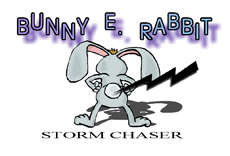






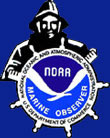





















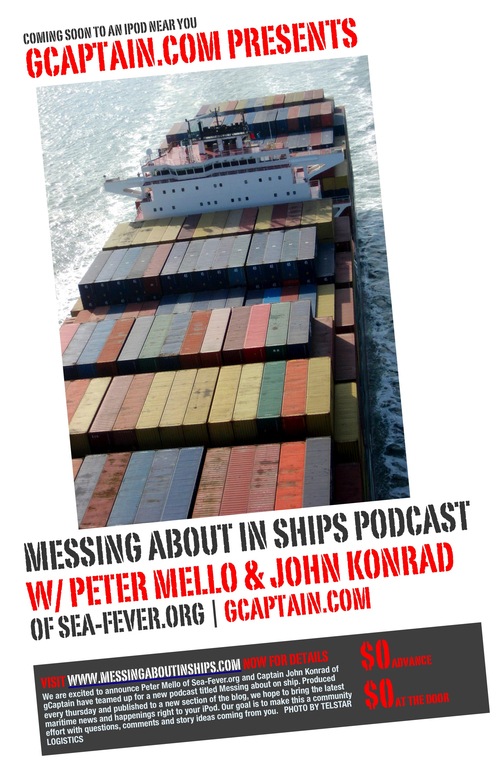
























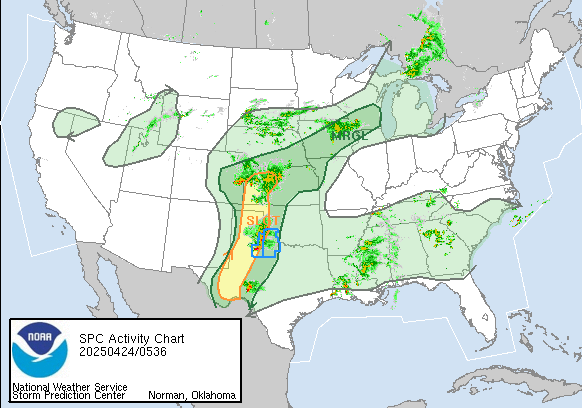
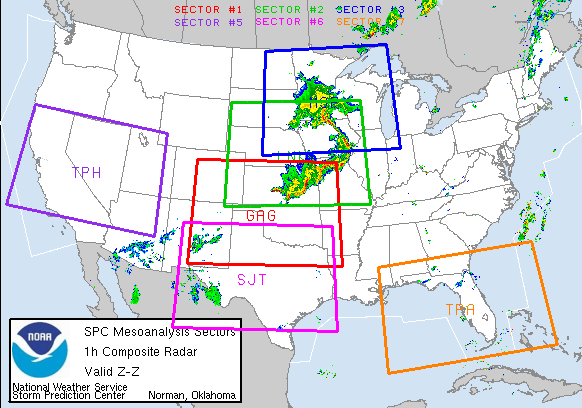














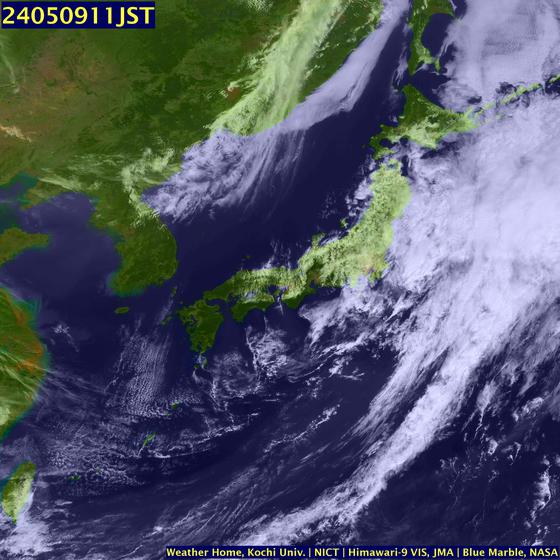

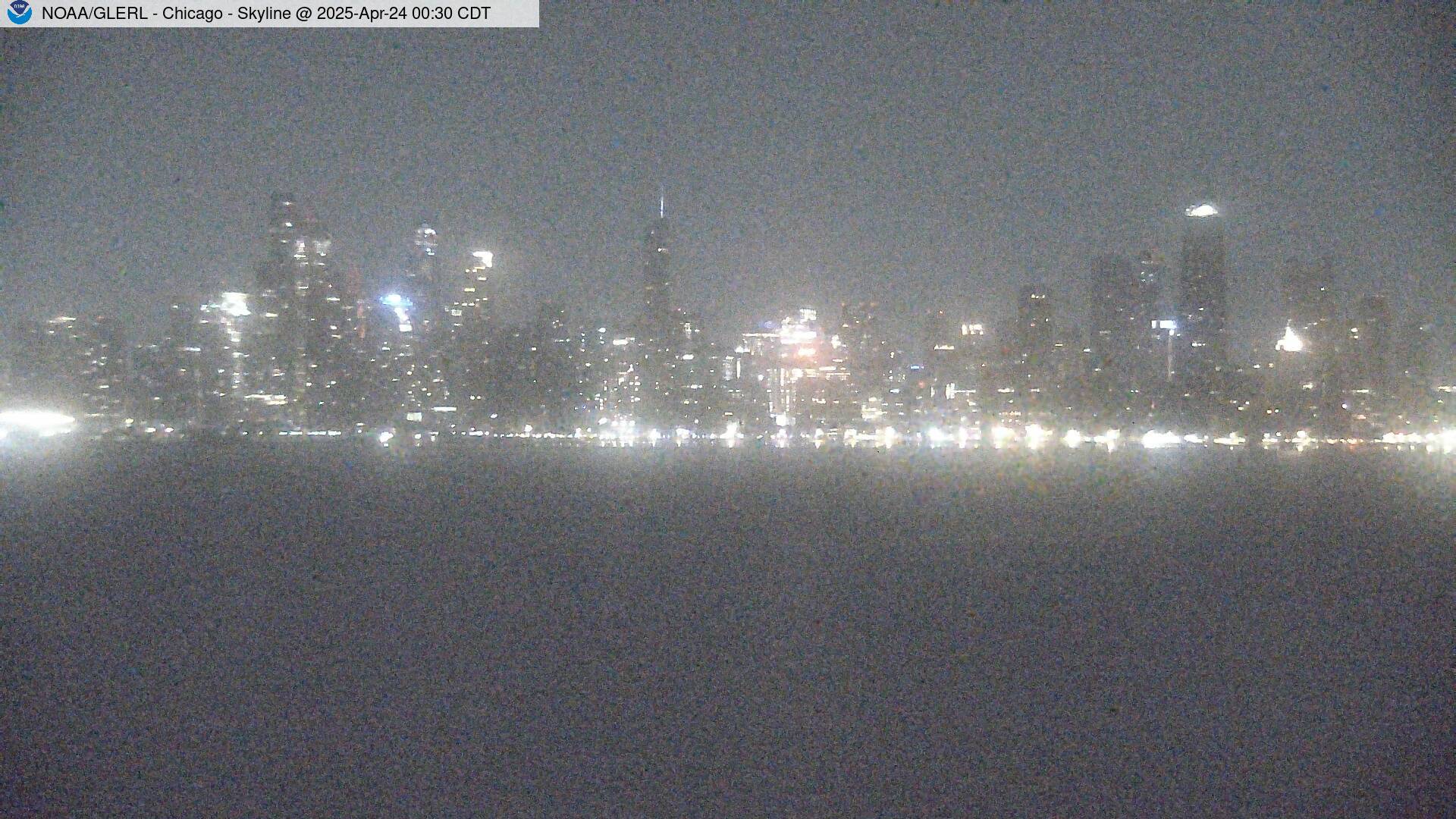











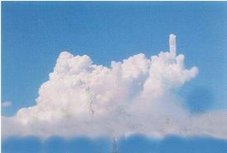
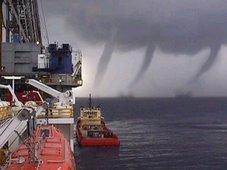
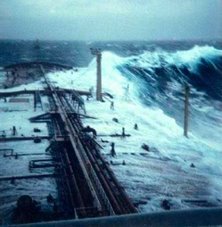
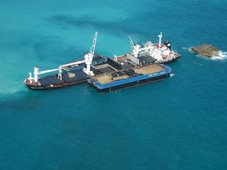
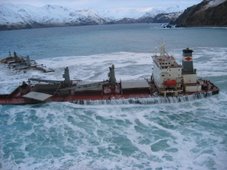
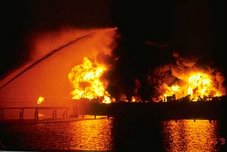
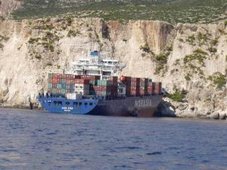
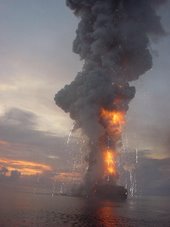



![Validate my RSS feed [Valid RSS]](valid-rss.png)